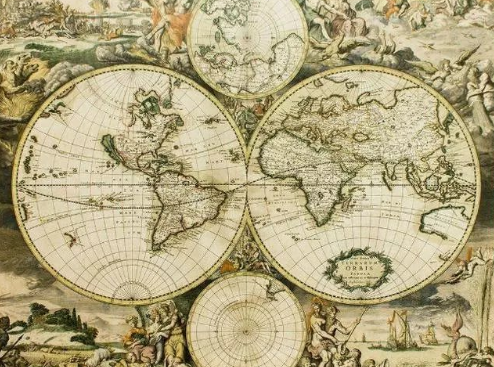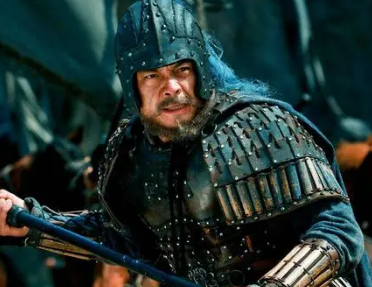At the end of the Ming Dynasty, Emperor Chongzhen was renowned for his diligent governance. During his reign, he attempted multiple times to reform corrupt policies and revitalize the court system. However, despite his relentless efforts, he ultimately failed to prevent the collapse of the Ming Dynasty. This article will explore the reasons for Emperor Chongzhen's diligent governance and why he still struggled to reverse the declining fortune of the Ming Dynasty.

I. The Situation of Internal and External Turmoil
When Emperor Chongzhen ascended the throne, the Ming Dynasty was already facing internal and external troubles. Domestic economic difficulties and continuous peasant rebellions were coupled with foreign invasions by the Qing army and instability in the border regions. These issues had accumulated for a long time and could not be solved overnight. Even with Emperor Chongzhen's diligent governance, it was difficult to turn the situation around in a short period of time.
II. Political Corruption and Resistance to Reform
Although Emperor Chongzhen implemented a series of reform measures, such as reducing the power of eunuchs and rectifying the bureaucratic system, he faced strong opposition from vested interest groups. Political corruption was deeply rooted, and the reforms were difficult to advance. In addition, internal power struggles within the court consumed a large amount of political resources, making it difficult to implement effective policies.
III. Military Failures and Loss of Popular Support
Militarily, Emperor Chongzhen failed to effectively contain the attacks of the Qing army and suppress internal rebellions. For example, the peasant rebel army led by Li Zicheng captured Beijing, directly leading to the collapse of the Ming Dynasty. Simultaneously, due to years of war and heavy taxation, the people suffered greatly, and their support for the dynasty gradually eroded, posing a significant challenge to maintaining national stability.
IV. Personal Abilities and Historical Limitations
Although Emperor Chongzhen possessed strong personal abilities and determination, his political wisdom and tactics were still unable to cope with the complex political situation. At the same time, he was unable to transcend the limitations of his era and adopt more advanced governance concepts and methods. Therefore, his efforts were partly overwhelmed by the trend of history.
Conclusion:
In summary, Emperor Chongzhen's diligent governance reflected his sense of responsibility and mission. However, due to the complexity of the situation he faced, coupled with issues such as political corruption, resistance to reform, military failures, and loss of popular support, he failed to successfully reverse the declining fortune of the Ming Dynasty. Emperor Chongzhen's example teaches us that even the most diligent monarch needs the support of the times and various factors to achieve long-term stability and prosperity for the country.
Disclaimer: The above content is sourced from the internet and the copyright belongs to the original author. If there is any infringement of your original copyright, please inform us and we will delete the relevant content as soon as possible.
































